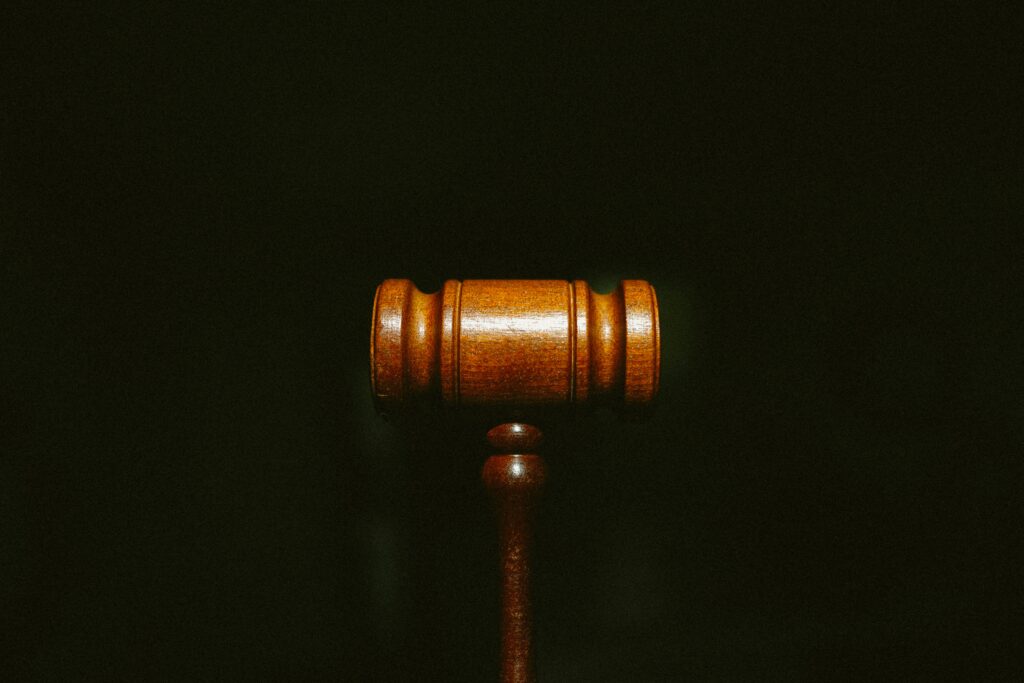Published On: 14th September, 2024
Authored By: Jouri Mahmoud Darwish
-
Fundamental Rights in the Indian Constitution
The Indian Constitution enshrines a comprehensive set of fundamental rights that protect the basic liberties and freedoms of Indian citizens. These include the right to equality, the right to freedom of speech and expression, the right to life and personal liberty, and various other civil and political
rights. The Constitution safeguards these fundamental rights and provides mechanisms for their enforcement.
-
Doctrine of Basic Structure
The doctrine of basic structure, as developed by the Indian judiciary, establishes that certain core
elements of the Constitution, such as federalism, secularism, and the democratic nature of the polity, form the basic structure of the Constitution and cannot be amended or altered, even through the
formal amendment process. This doctrine has been crucial in preserving the foundational principles of the Indian constitutional framework.
-
Judicial Review in India
The Indian judiciary, particularly the Supreme Court, plays a vital role in exercising judicial review over the actions of the executive and legislative branches. The courts have the power to examine the constitutionality of laws and executive decisions, and they can strike down any measures that are found to be in violation of the provisions of the Constitution.
-
Separation of Powers
The Indian Constitution adheres to the principle of separation of powers, whereby the three branches of the government – the executive, the legislature, and the judiciary – are vested with distinct and independent powers and functions. This system of checks and balances ensures a balance of power and prevents any single branch from wielding excessive control.
-
Right to Equality
The Indian Constitution guarantees the fundamental right to equality, which prohibits discrimination on the grounds of religion, race, caste, sex, or place of birth. This principle of equality has been
instrumental in addressing historical inequalities and promoting social justice.
-
Freedom of Speech and Expression
The Constitution’s protection of the right to freedom of speech and expression is essential for a vibrant democracy. This right allows citizens to freely express their opinions, engage in public
discourse, and hold the government accountable.
-
Public Interest Litigation (PIL)
The concept of PIL has evolved in India, allowing individuals and organizations to bring cases before the courts on behalf of the public or certain disadvantaged groups. This has facilitated access to justice and enabled the judiciary to address social and economic issues of national importance.
-
Amendments to the Indian Constitution
The Indian Constitution can be amended through the process outlined in Article 368, which requires a special majority in both houses of Parliament. The ability to amend the Constitution has allowed it to adapt to changing societal and political realities, while the limitations on amendment, such as the basic structure doctrine, have preserved the core principles of the constitutional framework.
-
Role of the President of India
The President of India, as the head of state, plays a crucial role in the functioning of the Indian constitutional system. The President’s responsibilities include appointing the Prime Minister, granting assent to bills passed by Parliament, and exercising certain emergency powers in times of crisis.
-
Constitutional Remedies
The Indian Constitution provides various remedies, such as writs of habeas corpus, mandamus, prohibition, quo warranto, and certiorari, which can be invoked by individuals or groups to seek protection of their fundamental rights or to challenge the actions of the government.




